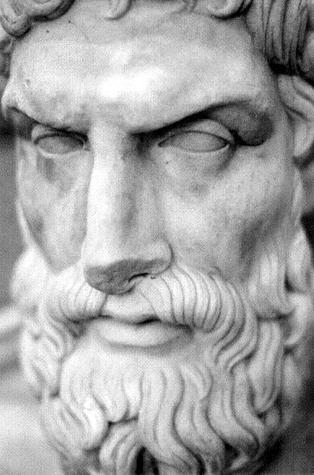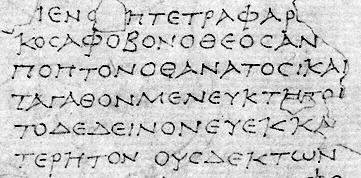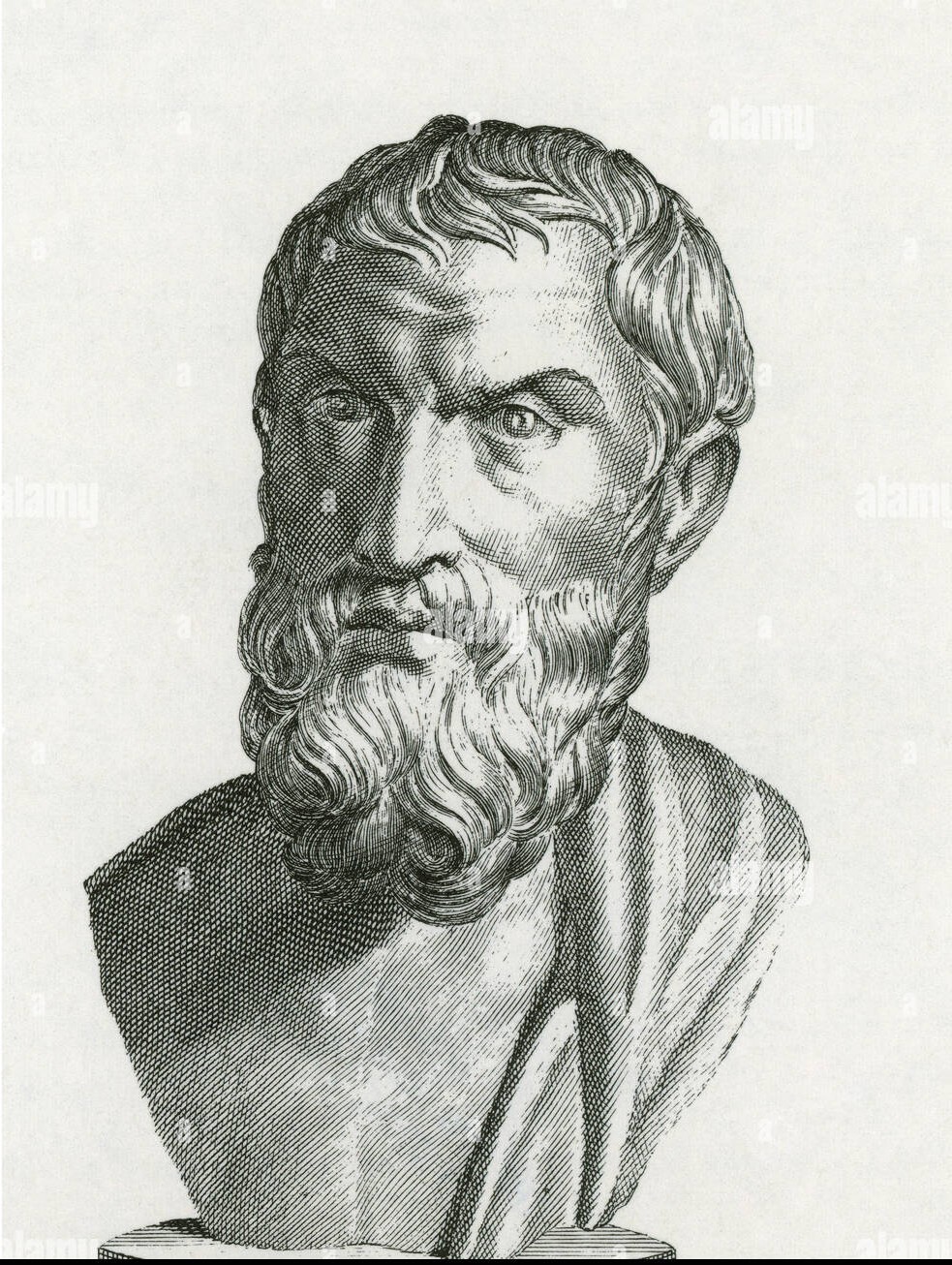Epicurean Philosophy Toronto

Epicurus’s Garden was an ancient Greek school of philosophy whose influence has been felt through the centuries even though few are familiar with it today.
Epicurean philosophy teaches that the highest good is pleasure, understood as the absence of pain and disturbance (ataraxia) through the enjoyment of simple, sustainable pleasures. It emphasizes practical wisdom, friendship, self-sufficiency, trusting the senses, and living in harmony with nature to achieve a tranquil and fulfilling life "at the limit of pleasure".
The Epicurean “four-fold cure” for unhappiness and anxiety:
- The gods don’t trouble us.
- Death is nothing to us.
- Pleasure is easy to obtain.
- Pain is easy to endure.


Links
Introductions
Quotes by Epicurus (341-270 BC)
Tetrapharmakos: The “fourfold medicine”
(1) The gods do not trouble us.
- “A blessed and indestructible being has no trouble itself and brings no trouble upon any other being; so it is free from anger and partiality, for all such things imply weakness.” [PD1/VS1]
(2) Death is nothing to us.
- “Death is nothing to us; for that which has been dissolved into its elements experiences no sensations, and that which has no sensation is nothing to us.” [PD2/VS2]
- “Unlimited time and limited time afford an equal amount of pleasure, if we measure the limits of that pleasure by reason.” [PD19/VS22]
(3) Pleasure is easy to obtain.
- “One who understands the limits of life knows that things which remove pain arising from need are easy to obtain, and furnish a complete and optimal life. Thus one no longer needs things that are troublesome to attain.” [PD21]
- “What cannot be satisfied is not the stomach, as many think, but rather the false opinion that the stomach requires unlimited filling.” [VS59]
- “The cry of the flesh is not to be hungry, thirsty, or cold; for one who is free of these and is confident of remaining so might compete even with Zeus for happiness.” [VS33]
(4) Pain is easy to endure.
- “Continuous bodily pain does not last long; instead, pain, if extreme, is present a very short time, and even that degree of pain which slightly exceeds bodily pleasure does not last for many days at once. Diseases of long duration allow an excess of bodily pleasure over pain.” [PD4/VS3]
- “Every pain is easy to despise; for that which is intense is of brief duration, and those bodily pains that last long are mild.” [VS4]
Choose your pleasures wisely.
- “No pleasure is a bad thing in itself, but the things which produce certain pleasures entail annoyances many times greater than the pleasures themselves.” [PD8]
- “Question each of your desires: ‘What will happen to me if that which this desire seeks is achieved, and what if it is not?’” [VS71]
- “All desires which create no pain when unfulfilled are not necessary; such desires may easily be dispelled when they are seen as difficult to fulfill or likely to cause harm.” [PD26]
- “Of our desires some are natural and necessary, others are natural but not necessary; and others are neither natural nor necessary, but are due to groundless opinion.” [PD29/VS20]
- “We must not force Nature but persuade her. We shall persuade her if we satisfy the necessary desires and also those bodily desires that do not harm us while sternly rejecting those that are harmful.” [VS21]
Be as wealthy as you need to be.
- “The wealth required by nature is limited and is easy to procure; but the wealth required by vain ideals extends to infinity.” [PD15/VS8]
- “Poverty, if measured by the natural end, is great wealth; but wealth, if not limited, is great poverty.” [VS25]
- “Nothing is enough to someone for whom what is enough is little.” [VS68]
- “The soul neither rids itself of disturbance nor gains a worthwhile joy through the possession of greatest wealth, nor by the honour and admiration bestowed by the crowd, or through any of the other things sought by unlimited desire.” [VS81]
- “Since the attainment of great wealth can scarcely be accomplished without slavery to crowds or to politicians, a free life cannot obtain much wealth; but such a life already possesses everything in unfailing supply.” [VS67]
Don’t be too minimalist.
- “There is also a limit in simple living, and the one who fails to understand this suffers as badly as the one who gives way to extravagance.” [VS63]
Trust your senses over your theories.
- “We must consider the ultimate goal to be real, and reconcile our opinions with sensory experience; otherwise, life will be full of confusion and disturbance.” [PD22]
- “If you argue against all your sensations, you will then have no criterion to declare any of them false. If you arbitrarily reject any one sensory experience … you will still blunder, because you will foster equal reasons to doubt the truth and falsehood of everything.” [PD23-24]
Study nature.
- “The study of nature produces not braggarts nor windbags nor those who show off the culture that most people fight about, but those who are fearless and self-reliant and who value their own good qualities rather than the good things that have come to them from external circumstances..” [VS45]
Live wisely, honorably, and justly.
- “It is not possible to live a pleasant life without living wisely and honorably and justly, and it is not possible to live wisely and honorably and justly without living pleasantly.” [PD5/VS5]
- “The one who acts justly is the freest of anyone from anxiety; but the one who acts unjustly is perpetually haunted by it.” [PD17/VS12]
Friendship is the best bet for happiness.
- “Of all things that wisdom provides for living one’s entire life in happiness, the greatest by far is the possession of friendship.” [PD27]
- “The same conviction which inspires confidence that nothing terrible lasts forever, or even for long, also enables us to see that in the midst of life’s limited evils, nothing enhances our security so much as friendship.” [PD28]
- “The happiest are those who enjoy the condition of having nothing to fear from those who surround them. Thus they live among one another most pleasantly, having the firmest grounds for confidence in one another, enjoying the benefits of friendship in all their fullness.” [PD40]
- “Friendship dances around the world, announcing to each of us that we may awaken to happiness.” [VS52]
Choose your friends wisely.
- “Those who are overly eager to make friends are not to be approved; nor yet should you approve those who avoid friendship, for risks must be run for its sake.” [VS28]
- “Neither the one who is always seeking material aid from a friend, nor the one who never considers such aid, is a true friend; for one engages in petty trade, taking a favour instead of gratitude, and the other cuts off all hope for the future.” [VS39]
Be a good friend.
- “We show our feeling for our friends’ suffering, not with laments, but with thoughtful concern.” [VS66]
- “We do not so much need the assistance of our friends as we do the confidence of their assistance in need.” [VS34]
Have fun.
- “In the study of philosophy pleasure accompanies growing knowledge; for pleasure does not follow learning; rather, learning and pleasure advance side by side.” [VS27]
- “At one and the same time we must philosophize, laugh, and manage our household and other business, while never ceasing to proclaim the words of true philosophy.” [VS41]
